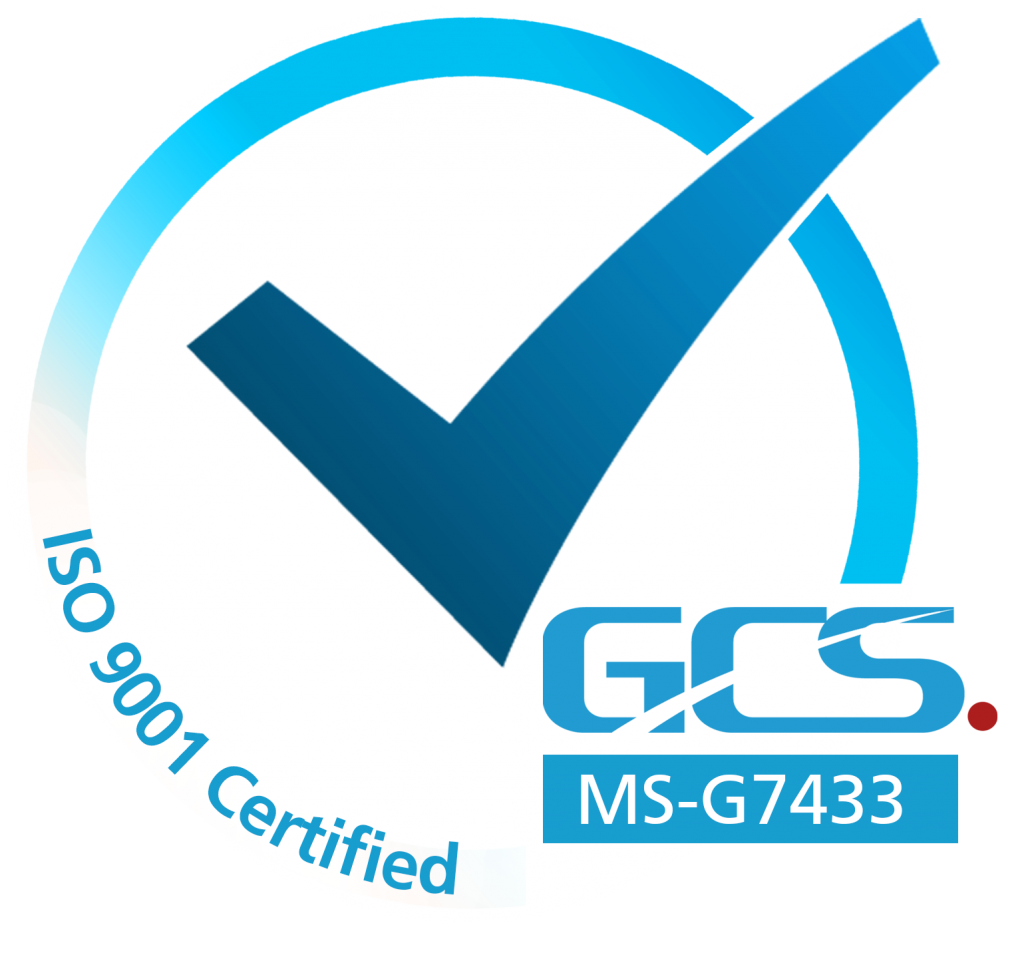Mentorship is a valuable tool that can help individuals navigate their career paths and achieve their goals. Finding the right mentor can be challenging, but with the right approach, it can be a rewarding and life-changing experience. In this article, I will discuss the top 5 best practices for finding a mentor that can help guide your career and provide valuable insights into the process of making the initial connection.
I am Dr. Vishnu Doerga, a well-respected Guyanese business leader and the chairman of ActionINVEST Caribbean Inc., an ISO 9001 certified educational institution. I hold a Ph.D. in Management specializing in Entrepreneurship as well as an MBA and Engineering qualifications. I have over 20 years of private sector development service and have served as past president, chairman, and councilor of several Guyanese Business Support Organizations, including the Georgetown Chamber of Commerce & Industry, the Guyana Manufacturing & Services Association, the Guyana Office for Investment, and the Guyana National Bureau of Standards. I am passionate about personal, professional, and organizational development and have been involved in numerous organizations that support these goals.
Best Practice 1: Identify Your Goals and Needs
Before seeking out a mentor, it’s essential to identify your goals and needs. Ask yourself what you hope to achieve through mentorship. Are you looking for someone to help you advance in your current career, explore new opportunities, or make a career change? Once you have a clear understanding of your goals, you can begin to identify the type of mentor who can best help you achieve them. For example, if you’re looking to transition to a new industry, you may seek out a mentor who has experience in that industry.
In my case, I identified my goals and needs early in my career. I was passionate about personal and professional development, and I knew I wanted to make a difference in my community by helping businesses grow and succeed. I recognized that I needed guidance and support from experienced mentors who could provide me with valuable insights and knowledge.
Best Practice 2: Research Potential Mentors
Once you’ve identified your goals and needs, it’s time to research potential mentors. Start by looking within your network. Are there any colleagues, managers, or industry leaders you admire and respect? Reach out to them and ask if they would be interested in mentoring you. If you don’t have any connections in your desired industry, try attending industry events, networking events, or conferences. These are great opportunities to meet people and make connections. You can also research professional associations or mentorship programs that may be relevant to your industry.
In my experience, I found that attending industry events and networking events were great ways to meet potential mentors. I also made use of mentorship programs that were available to me. These programs provided me with access to experienced mentors who could help guide me through the challenges of starting and running a business.
Best Practice 3: Make the Initial Connection
Making the initial connection with a potential mentor can be intimidating. Start by reaching out to them via email or LinkedIn. Introduce yourself, explain why you’re interested in mentorship, and ask if they would be willing to meet with you for a coffee or a virtual call. When making the initial connection, be respectful of their time and make it clear that you value their expertise and guidance. If they’re not able to meet with you, ask if they can recommend someone else who may be a good fit for your needs.
I have been on both sides of the mentorship relationship, as a mentor and a mentee. I know that making the initial connection can be challenging, but it’s essential to be persistent and respectful. When I was starting out, I reached out to several experienced business leaders in my community, and many of them were happy to meet. Agreeing on a fixed time to meet and coming well prepared to the meeting are key to a successful mentoring session.
Best Practice 4: Build a Strong Relationship
Once you’ve made a connection with a potential mentor, it’s important to build a strong relationship. Remember that mentorship is a two-way street, and you should be willing to invest time and effort into the relationship. Be open and honest about your goals, challenges, and successes. Listen to your mentor’s advice and feedback and be willing to act on it. Regularly check in with your mentor to provide updates on your progress and to seek guidance on new challenges or opportunities.
In my experience, building a strong relationship with my mentors has been key to my success. I regularly meet with my mentors to discuss my progress, seek advice, and share ideas. I also make sure to thank them for their time and guidance and to show my appreciation for their support.
Best Practice 5: Pay It Forward
As you progress in your career and achieve your goals, remember to pay it forward. Share your knowledge and experience with others and offer to mentor someone who is starting out in their career. Not only does this benefit the mentee, but it also helps you develop your leadership skills and expand your network.
In my career, I have been fortunate to have many mentors who have helped me achieve my goals. As a result, I make it a point to give back to my community by mentoring young entrepreneurs and business leaders. I believe that mentorship is a powerful tool for personal and professional development, and I am passionate about helping others achieve their goals.
Finding the right mentor can be a game-changer in your career, and following these best practices can help you identify and connect with a mentor who can guide and support you. Remember to identify your goals and needs, research potential mentors, make the initial connection, build a strong relationship, and pay it forward. By investing in mentorship, you can achieve your goals and make a positive impact in your community



